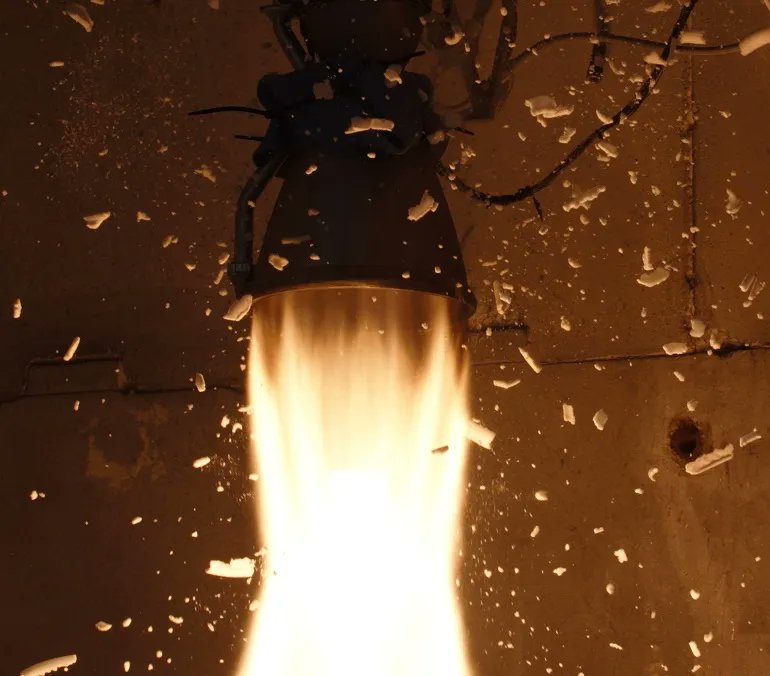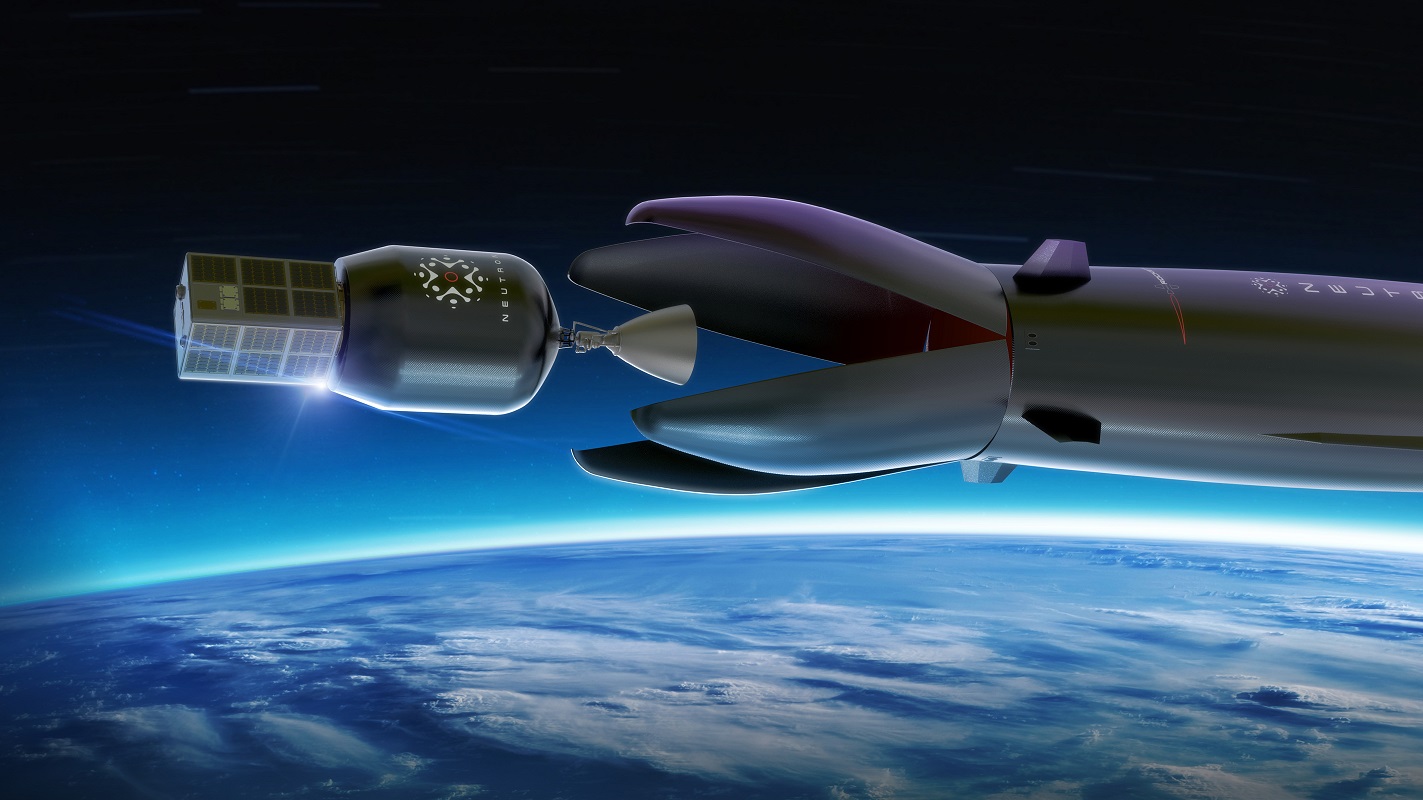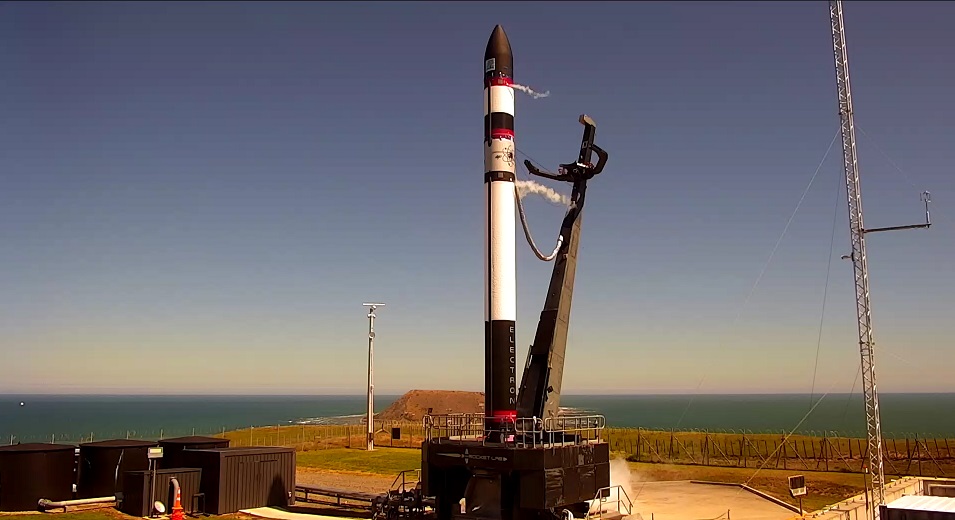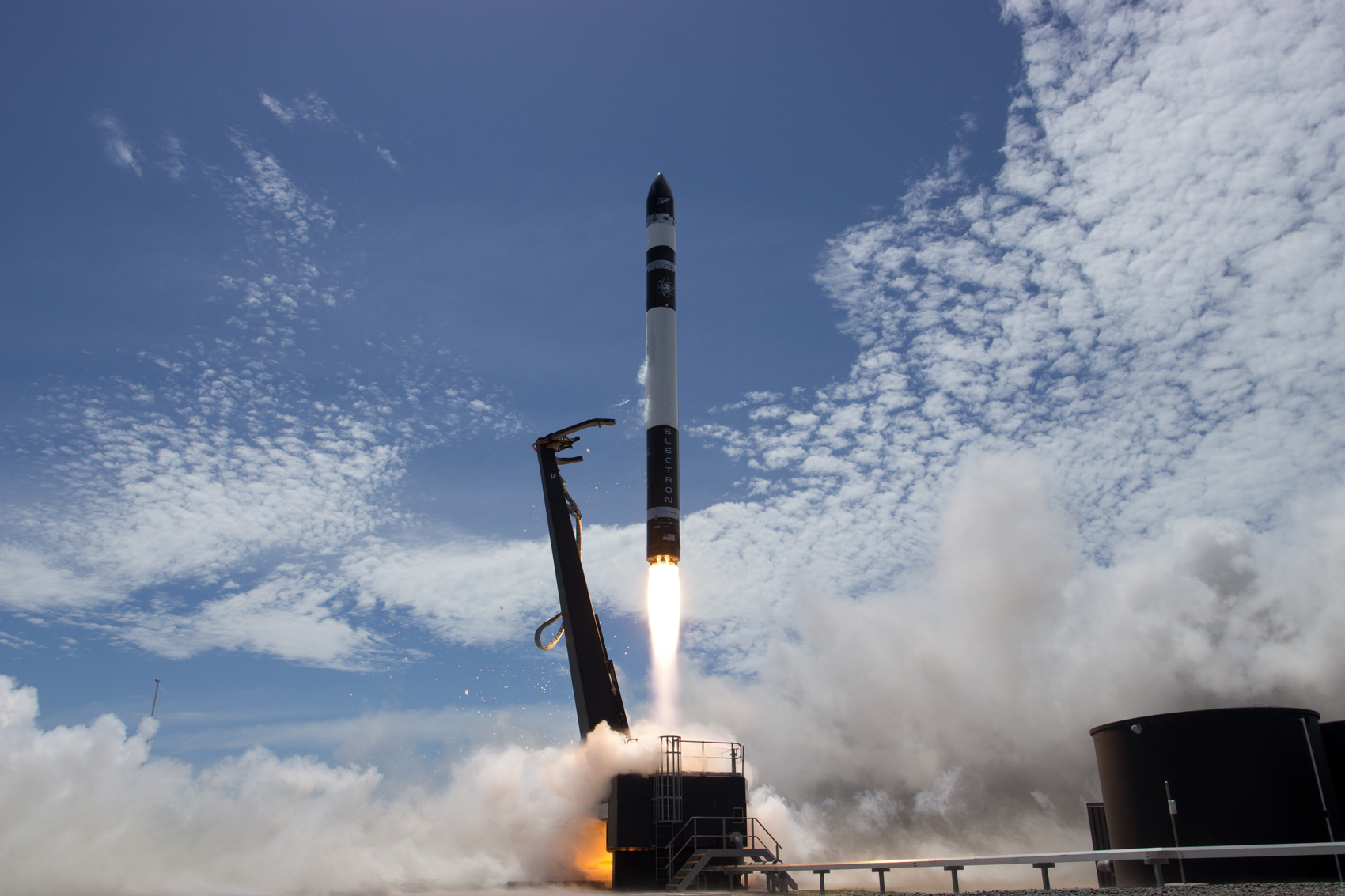On Wednesday, February 21st, at 01:40 p.m. PST (04:40 p.m. EST), an interesting package returned to Earth from space. This was the capsule from the W-1 mission, an orbital platform manufactured by California-based Varda Space Industries, which landed at the Utah Test and Training Range (UTTR). Even more interesting was the payload, which consisted of antiviral drugs grown in the microgravity environment of Low Earth Orbit (LEO). The mission is part of the company’s goal to develop the infrastructure to make LEO more accessible to commercial industries.
Continue reading “A Capsule With Antiviral Drugs Grown in Space Returns to Earth”40th Rocket Lab Electron Mission, “We Love The Nightlife”, Launches From New Zealand with Reused Engine
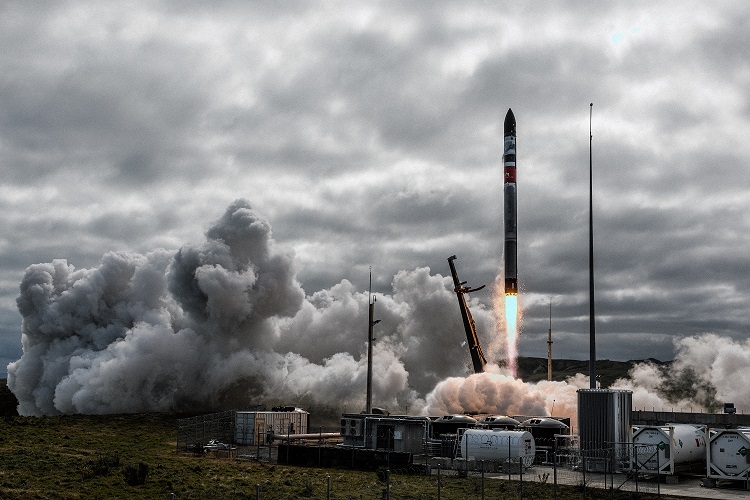
Private space company, Rocket Lab, launched its 40th Electron mission on their lauded Electron rocket, dubbed “We Love The Nightlife”, on August 24th at 11:45am New Zealand Standard Time (August 23rd at 7:45pm EST), which also marks the 7th launch of 2023, all successful. The purpose of the mission was to deliver the next-generation Acadia satellite for Capella Space to a circular orbit above the Earth at 640 km (400 miles), which was executed flawlessly. Acadia is part of Capella’s synthetic aperture radar (SAR) constellation and is the first of four Acadia satellites that Rocket is currently contracted to launch for Capella.
Continue reading “40th Rocket Lab Electron Mission, “We Love The Nightlife”, Launches From New Zealand with Reused Engine”Rocketlab Sent This Engine to Space and Then Retrieved it. A new Test Shows it’s Still Working Fine
Reusable rocket engines have become all the rage lately, even as NASA’s continually delayed Artemis I mission attempts to launch with non-reusable technology. Realistically the only way to significantly lower launch costs is to reuse the engines rather than build them from scratch every time. Which is why every fan of space exploration should rejoice that another small start-up company, RocketLab, has successfully retested a rocket that has flown in space.
Continue reading “Rocketlab Sent This Engine to Space and Then Retrieved it. A new Test Shows it’s Still Working Fine”Hazegrayart Shows how Rocket Lab's Reusable Neutron Rocket Could Work
There’s little doubt that we live in a new Space Age, defined by increasing access, greater competition, and the commercial space industry. The titans of this industry are well known and have even become household names. There are old warhorses like Lockheed Martin, Boeing, Northrop Grumman, and United Launch Alliance and fast-rising stars like SpaceX, Blue Origin, Sierra Nevada, Virgin Galactic, and others. But New Zealand and California-based company Rocket Lab has also made a name for itself in recent years, moving from low-cost expendable rocket launches to reusable rockets.
In particular, their new Neutron Rocket design has been turning some heads since it first debuted in late 2021. The most recent design of this rocket features some very interesting features, which include a new engine, a new shell, and a “Hungry-Hippo” reusable fairing built from advanced carbon composites. Beginning in 2024, Rocket Lab hopes to conduct regular launches with Neutron to service the growing “satellite megaconstellation” market. Thanks to an animator who goes by the handle Hazegrayart, we now have a video of what this might look like.
Continue reading “Hazegrayart Shows how Rocket Lab's Reusable Neutron Rocket Could Work”Rocket Lab Launches NASA’s CAPSTONE Mission to the Moon
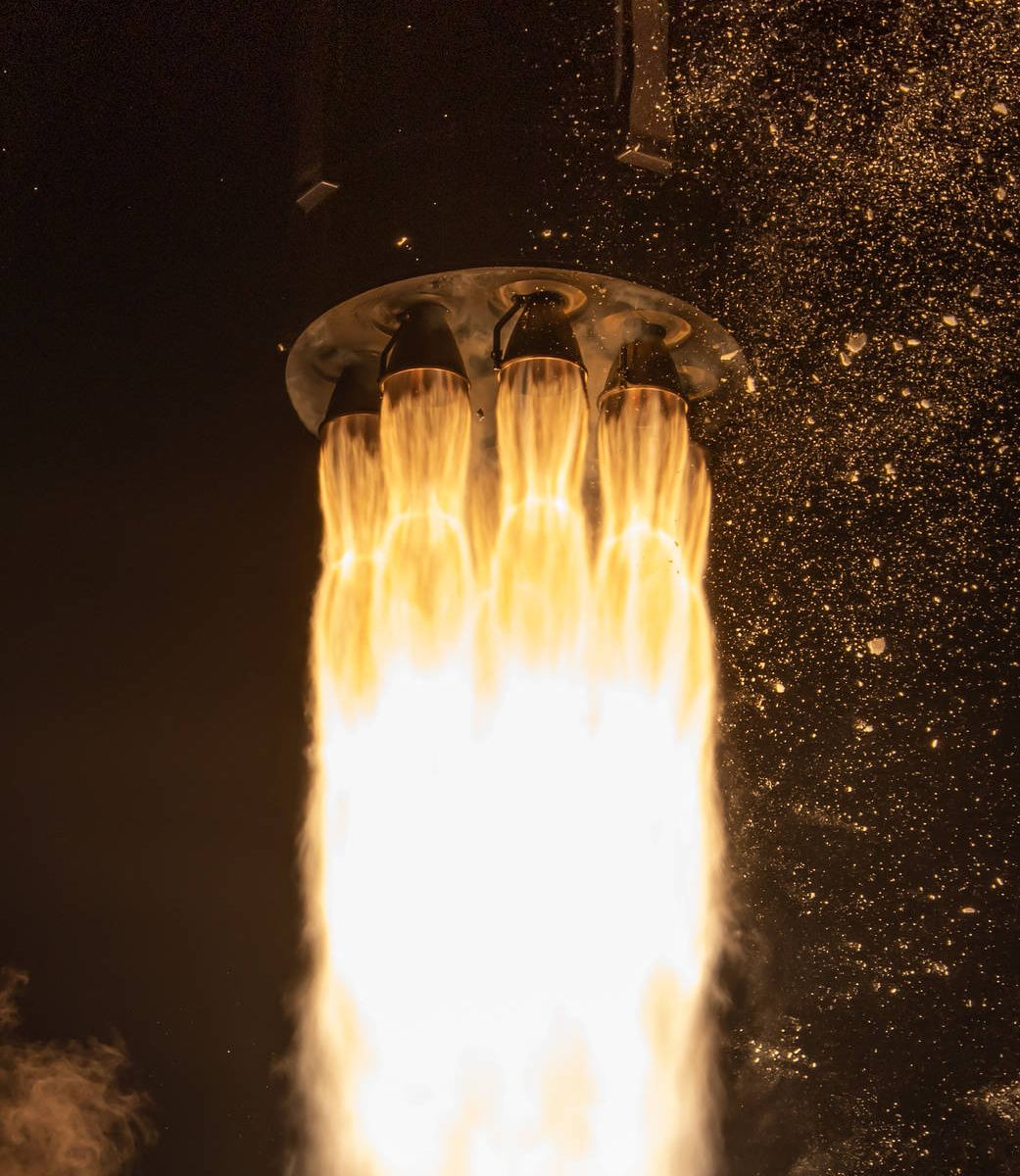
A microwave oven–sized cubesat launched to space today from New Zealand by commercial company Rocket Lab and their Electron rocket. The small satellite will conduct tests to make sure the unique lunar orbit for NASA’s future Lunar Gateway is actually stable.
The Cislunar Autonomous Positioning System Technology Operations and Navigation Experiment, or CAPSTONE, mission launched at 5:55 a.m. EDT (09:55 UTC) on Tuesday June 28 from the Rocket Lab Launch Complex 1 on the Mahia Peninsula of New Zealand. The Electron has now flown 27 times with 24 successes and 3 failures.
Continue reading “Rocket Lab Launches NASA’s CAPSTONE Mission to the Moon”They Did It! Rocket Lab Uses Copter to Catch (and Release) a Rocket
Rocket Lab has just joined SpaceX in the club of space companies that can launch an orbital-class rocket booster and bring it back alive.
In a sense, the California-based company one-upped SpaceX by having a helicopter snag the first-stage booster of its Electron rocket with a cable and a hook as it floated past on the end of a parachute, 6,500 feet above the Pacific Ocean.
So what if the pilots of the customized Sikorsky S-92 helicopter had to release the booster moments later, due to concerns about the way their load was behaving as it swung from the hook?
Continue reading “They Did It! Rocket Lab Uses Copter to Catch (and Release) a Rocket”Rocket Lab Shows off its new Reusable Neutron Rocket, due for Launch in 2024
On December 2nd, 2021, the commercial space company Rocket Lab unveiled the detailed architecture of their Neutron rocket for the first time. In a live-streamed event, the company showcased all the new elements that will make this “megaconstellation” launcher a serious contender in the coming years. These include updated details about the rocket’s design, materials, propulsion, and reusability architecture.
Continue reading “Rocket Lab Shows off its new Reusable Neutron Rocket, due for Launch in 2024”RocketLab Recovers a First-Stage Booster for the First Time: “Return to Sender”
In recent years, one of the most impressive developments for space exploration has been the rise of the commercial space industry (aka. NewSpace). Beyond fulfilling contracts with space agencies like NASA to provide commercial and crewed launch services, private aerospace companies are also fostering innovation that is helping to reduce the cost of sending payloads to space.
Take RocketLab, the US/NZ-based small satellite launch company that has broken new ground with its Electron rocket. In a further bid to reduce the costs of individual launches, RocketLab announced last year that it would begin recovering and reusing the spent boosters of its rockets. Recently, the company took a big step by successfully retrieving the first stage of an Electron after it delivered a payload to orbit.
Continue reading “RocketLab Recovers a First-Stage Booster for the First Time: “Return to Sender””Electron Rocket’s 13th Launch Failed, Destroying its Satellite Payload
This past weekend (June 5th), the California and New Zealand-based aerospace company Rocket Lab suffered a terrible accident. During the 13th launch of their Electron rocket, an anomaly caused the second stage of the rocket to explode in midair. Luckily, there were no injuries, but the explosion did claim the mission payload, which consisted of satellites and commercial payloads for three different companies.
Continue reading “Electron Rocket’s 13th Launch Failed, Destroying its Satellite Payload”Rocket Lab was Able to Catch Falling Inert Rocket Stage With a Helicopter, Continuing Their Path to Reusability
In the summer of 2017, the company Rocket Lab officially tossed its hat into the commercial aerospace (aka. NewSpace) ring with the first test flights of their two-stage Electron Rocket. Dedicated to providing cost-effective launch services for the small satellite market, the company began conducting commercial launches from their complexes in New Zealand and California using the lightweight Electron.
Looking to cut the costs associated with individual launches further, Rocket Lab has decided to pursue reusability as well. In early March, before the isolation orders were issued, the company achieved a major milestone when it conducted a successful mid-air recovery of the test stage of an Electron Rocket – which involved a helicopter catching the test stage after its parachute deployed.
Continue reading “Rocket Lab was Able to Catch Falling Inert Rocket Stage With a Helicopter, Continuing Their Path to Reusability”

